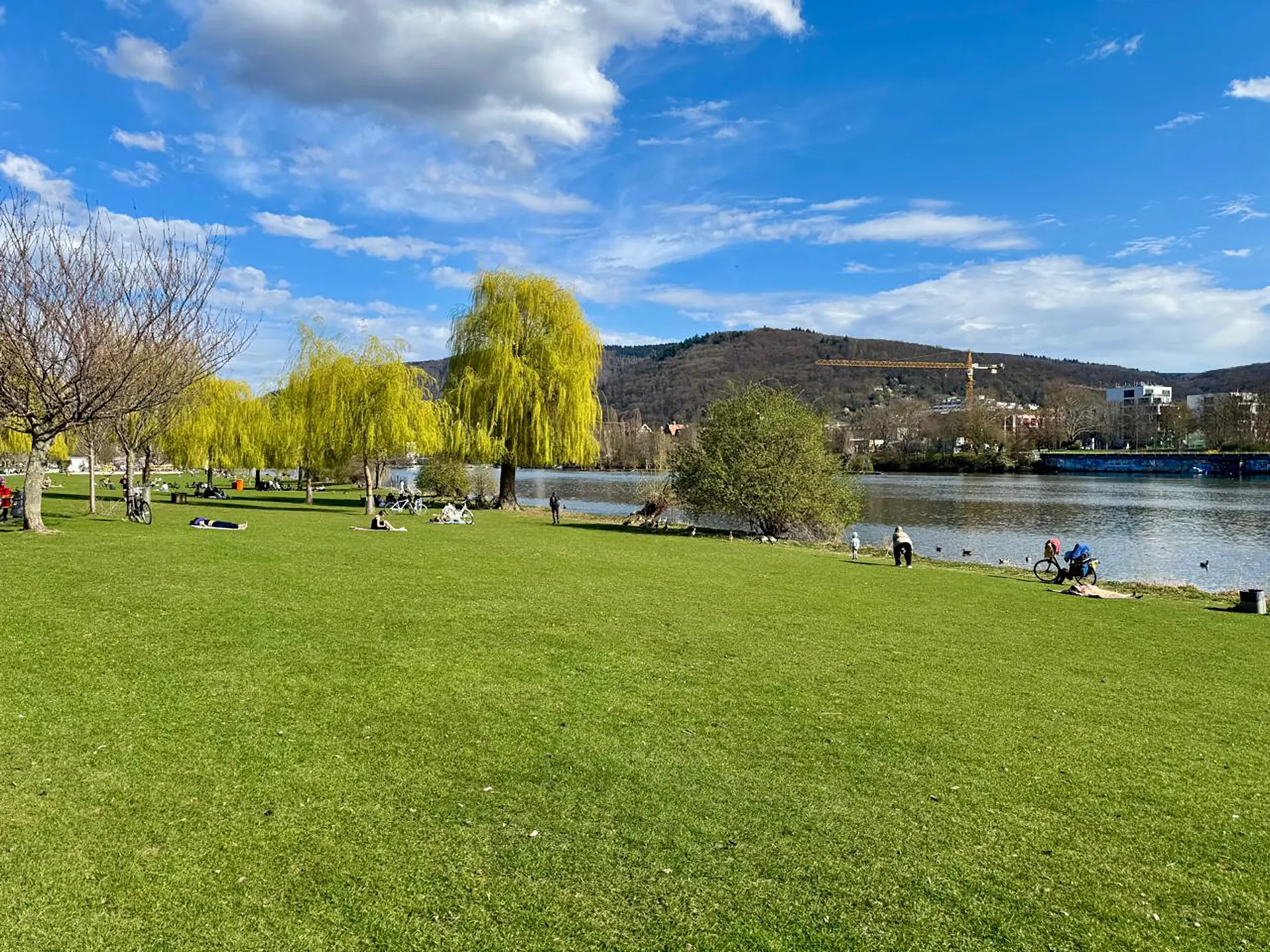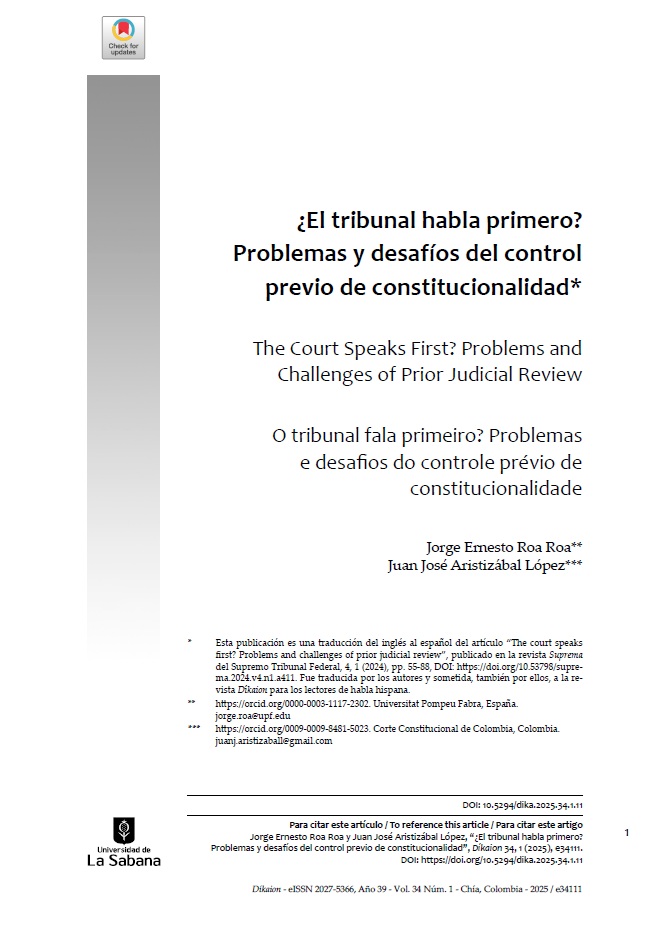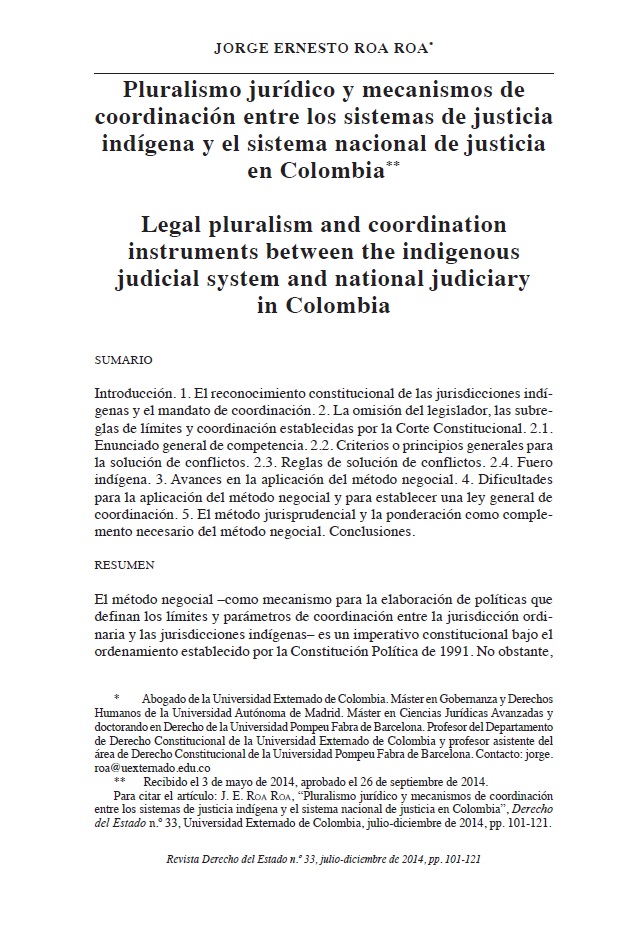
Constitutional Reform in Colombia 2021

In a year marked by the lingering effects of the pandemic and a weakened culture of parliamentary deliberation, Colombia’s constitutional landscape became a revealing stage where ambitious reforms, judicial interventions, and the persistent quest for democratic principles collided. This chapter traces how Congress advanced only two constitutional amendments amid dozens of failed initiatives, how the Constitutional Court struck down the controversial life-imprisonment reform for violating human dignity, and how evolving political dynamics—especially the upcoming elections and the creation of Peace Districts—set the stage for transformative debates about autonomy, representation, and the very identity of the 1991 Constitution. Offering a compelling narrative of institutional tension and constitutional evolution, the report invites readers to explore how Colombia’s constitutional order continues to adapt under pressure and imagination.












